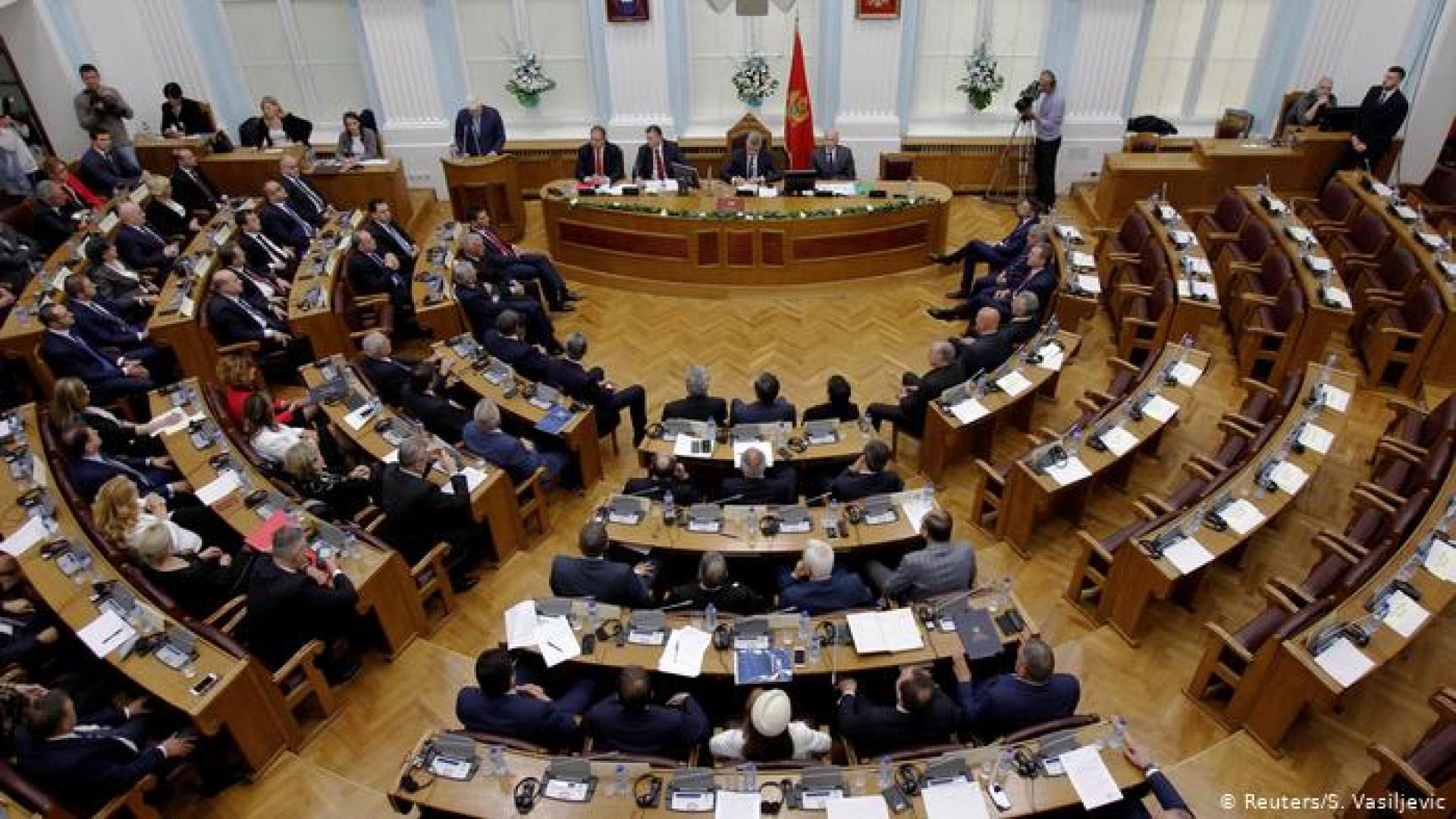WFD initiates PLS processes in the Western Balkans to help improve legislation

Our Human Right and and Gender Equality Network of Committees (HUGEN) in the Western Balkans is working on improving regional cooperation between eight parliaments, adopting best international practise related to human rights and gender legislation but also on enhancing parliamentary oversight. Therefore, one of the first joint activities of HUGEN is the piloting the post-legislative scrutiny (PLS) process.
Responding to their duty to adopt laws that meet the needs of their citizens, six parliaments from the HUGEN network in the Western Balkans have selected laws which are undergoing a PLS process. This process started in February 2020 when parliaments determined specific human rights or gender legislation which will be subject of the PLS report. A transparent and open process of consultations has been initiated in March 2020 in which numerous public institutions, members of parliament, judicial bodies, civil society organisations, members of academia and human right activities were consulted. After receiving contributions and inputs from these stakeholders PLS reports were drafted in cooperation with the parliaments. As a result of this process specific PLS reports will be produced and a post-inquiry follow-up process will be initiated aiming to contribute to the improvement of particular human rights and gender legislation.
The first PLS report of this process was published last month and it was developed in cooperation with Parliament of Montenegro. The report aimed at scrutinizing selected articles of the Law on Amendments to the Law on Gender Equality of Montenegro. The report focuses on the use of gender-sensitive language in Montenegrin society, sex-disaggregated data and professional training on gender equality for the employees of the public institutions. In an open and transparent process 26 relevant stakeholders provided their inputs which provided that the use of gender-sensitive language is selective while employees in public institutions have only generic knowledge of the importance of gender equality. In order to advance the current state of implementation of Law on Gender Equality of Montenegro, 20 recommendations were outlined in the report.
Having in mind that parliament’s role is also to evaluate whether the laws it has passed achieve their intended outcome(s), WFD will work on strengthening parliamentary oversight practice and mechanisms. WFD will also continue to support parliaments from the HUGEN network in organising different formal and informal consultations, hearings and meetings where questions related to implementation of specific legislation, which was subject of the PLS process, will be discussed. In the upcoming period WFD will work in finalising other PLS reports with other parliaments, which were part of the PLS pilot process.